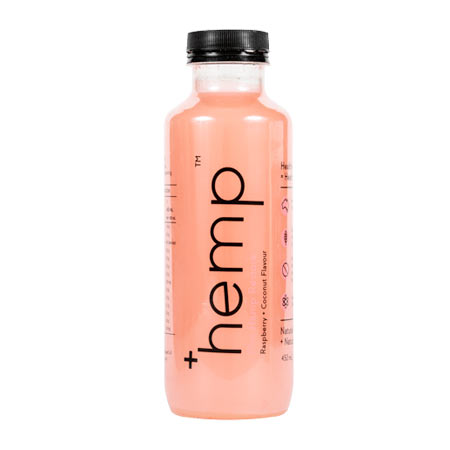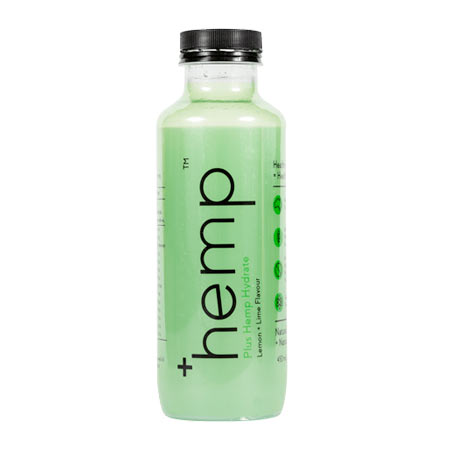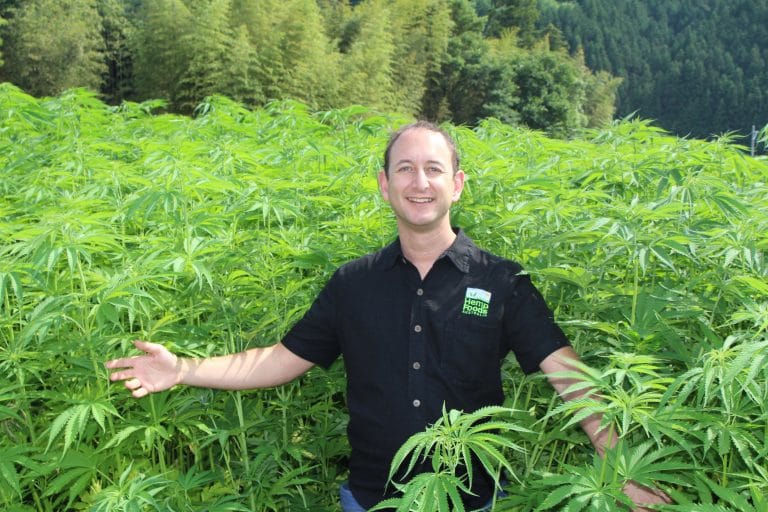Jul 30, 2021 by Mark Dingley
With the industry booming, Australian farmers, retailers and consumers are all chasing the potential of hemp.
A sub-species of the Cannabis sativa plant, hemp doesn’t possess the same psychoactive properties as its sibling (marijuana). In fact, it is completely tetrahydrocannabinol – or THC – free.
In Australia, it has been legal (under strict licence) since 1998 to grow hemp for use in fibres and products for the exterior of the human body. Licensing required that it could only be used in food products that were exported to countries where consumption is legal. This changed in May 2017, however, when state and federal health ministers agreed to change the law, allowing hemp seeds to be sold for human consumption. A few months later, Food Standards Australia New Zealand (FSANZ) legally recognised that hemp and marijuana have very different properties.
These changes meant that hemp could be used in food preparation. Since this time, the production, manufacture and sale of hemp products has been on the rise.
Historically, hemp has been cultivated for clothing and industrial use in Australia thanks to the sturdy fibre harvested from its stem.
When it comes to food production, however, the seed is gold. It is hulled and either eaten as is or made into hemp oil and hemp powder. There is an increasing range of hemp products – including beer, bread, chocolate, gin, milk, oil, protein powder and snack bars – on Australian shelves in this day and age.
But what is causing the hemp food industry to grow so fast?

A nutritional powerhouse, hemp seed contains one of the highest sources of plant-based protein. Plus, it’s rich in omega-3 and omega-6, which are essential fatty acids. The oil from the seed contains gamma linolenic acid (GLA), which is an unsaturated fatty acid that can also be found in breastmilk.
It doesn’t end there – the seed is also full of vitamins A, B, D and E, as well as calcium, magnesium, iron, phosphorus, potassium, sodium and zinc. It should come as no surprise, then, that hemp is often described as being one of the most nutritionally dense foods in existence.
Did you know that more than two million Australians have chosen an exclusively vegetarian or even vegan diet? According to Roy Morgan Research, this number is continuing to grow. Hemp is rich in plant-based protein, which helps those choosing to eat a plant-based diet to meet their nutritional needs.

The flavour of hemp seed has been described as being nutty and earthy – it can add a little extra to a variety of food and beverage products. The seeds can be sprinkled on a salad, mixed into yoghurt or even baked into scones.
A number of cafes, including some in Melbourne, have begun to include hemp on their menus. Bakeries are developing new breads, for example, and brewers are taking the plunge with craft beers.
You can also use hemp to treat health issues. In fact, there is rising demand for cannabidiol (CBD), which is a substance that has been proven in its treatment of epilepsy. CBD can also be used to treat a variety of other health problems, from inflammation and pain to anxiety.
A fast-growing and hardy plant, hemp doesn’t actually need much water or fertiliser to grow. Crops can be closely planted (resulting in a high yield per hectare) and is much easier to grow than more traditional crops, such as corn, wheat or soy.
Whilst it’s less of a nitrogen-fixer than legumes, hemp can improve the quality of the soil thanks to its deep tap root, which brings nutrients to the top. At 120 days from planting to maturation, the crop is an excellent choice for rotational farming.
If you’re a farmer looking to diversify, this is a crop that makes really good sense commercially. This is why it’s farmed across Australia, although Queensland does currently feature the largest number of commercial hemp farms. Since it was legalised for food production in November 2017, many farmers have added the crop to their offering.
Over recent years, hemp sales have skyrocketed worldwide. In 2018, global sales hit USD$3.7 billion and have been forecast to reach USD$5.7 billion by 2022. Whilst the Australian hemp market is also growing, it is on a smaller scale. By 2023, it’s forecast to reach AUD$3 million (up from AUD$300,000 back in 2021). This would be an incredible growth of 900% in only 12 years.
Whilst sales are on the increase, there can be no denying that hemp’s reputation has been tarnished by its close association with marijuana. For open-minded Aussie growers, manufacturers, retailers and individuals, however, it’s a seed worth planting – both for their health and their pocket.
Who are the Australian hemp start-ups to watch?

Whilst technically not an Australian startup, Elixinol Global is actually the result of a merger between Elixinol LLC (based in Colorado) and Hemp Foods Australia. The former company is the wholesale and retail provider of hemp-based CBD dietary supplements and topical products, whilst the latter company is a manufacturer and distributor of hemp skincare and food products.
Natalie Moubarak, former psoriasis sufferer due to her lack of vitamins and hydration, is the mind behind +Hemp. They now sell water-based beverages that incorporate natural hemp extract, with more than 100 stores distributing the product (including select IGAs in New South Wales, BP stores and metro petrol stations, outlets in both Melbourne and Adelaide, and online via Dan Murphy). The demand for this new product category is so high that Moubarak had hit her six-month business goals only seven weeks after launching.

A Victorian-based food company offering a product line that consists of Hemp Seeds, Hemp Balance and Hemp Boost, Australian Primary Hemp is known for their standout packaging. Marketing coordinator, Georgina Beasley, says “we want to move towards making Australian-grown hemp a household item among Aussie families and a great way in moving towards this goal is by creating beautiful, unique packaging that stands out and grabs your attention”. Alchemia Limited announced in June 2019 that they have conditionally agreed to acquire Australian Primary Hemp.
An Australian business that uses nanotechnology to develop premium CBD and cold-pressed hemp oils, Hemple is a start-up that is backed by ASX-listed cannabis investors MMJ Holdings. Their food products are currently manufactured in Australia, whilst their CBD oils are made in the US.
Founded in 1999, Hemp Foods Australia had the ability to supply hemp for human consumption to several export destinations, however, there was no domestic market for such products – until 2017 that is. The previous restrictions pushed founder, Paul Benhaim, to diversify and innovate – resulting in a hemp-fibre-based plastic business (an alternative to mainstream petrochemicals) that were used in several commercial products, a paper made from a combination of recycled paper and hemp that is produced by Zelfo Australia, and building industry products.
The different regulations in the UK led Benhaim to create a hemp seed ‘chocolate bar’ in the mid 1990s, which actually became the best-selling health food bar in many supermarkets.